HIDDEN NARRATIVES BEYOND THE CANON
The Book of Revelation
In The Book of Revelation, Jeremy Payton guides readers through the complexities of the last book of the New Testament, known for its vivid imagery and prophetic visions. This scholarly work provides a meticulous breakdown of its apocalyptic messages, symbolic language, and theological implications. Payton’s in-depth commentary and careful translation help demystify the text, offering readers insights into its historical and spiritual context. This book not only reveals the intricate connections between Revelation and other biblical prophecies but also explores themes of hope, renewal, and divine judgment, inviting readers to reflect on its enduring relevance and spiritual depth.
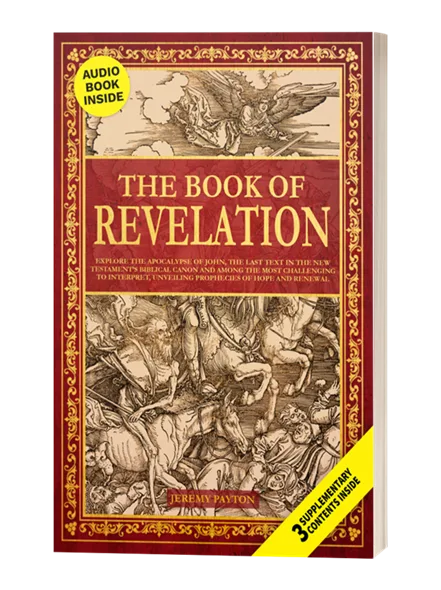
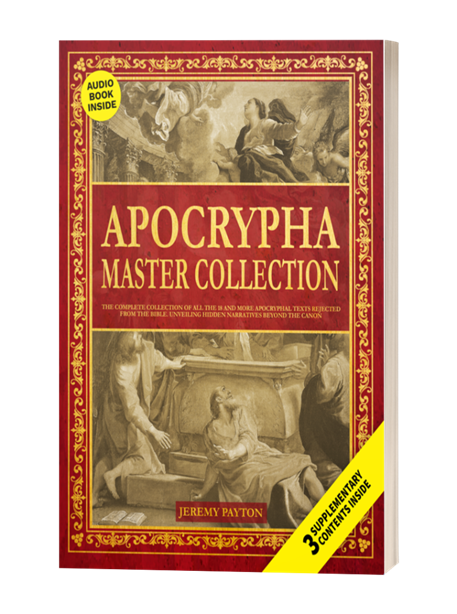
The Apocrypha
This work offers a scholarly compilation of apocryphal texts, providing a critical examination of these lesser-known yet significant writings. Payton’s translation and commentary approach these texts with academic rigor, offering insights into their historical context and theological significance.
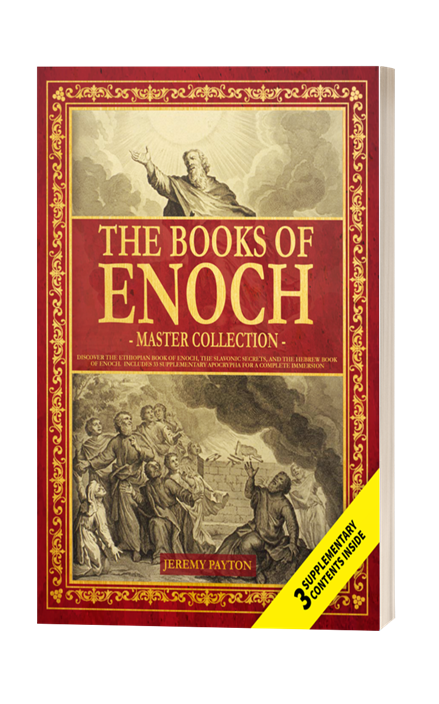
The Books of Enoch
Jeremy Payton presents a detailed study of the Books of Enoch, exploring their historical origins and impact on religious thought. This book serves as an academic guide to understanding the visions, prophecies, and teachings within these ancient Jewish texts and their influence on early Christian theology.
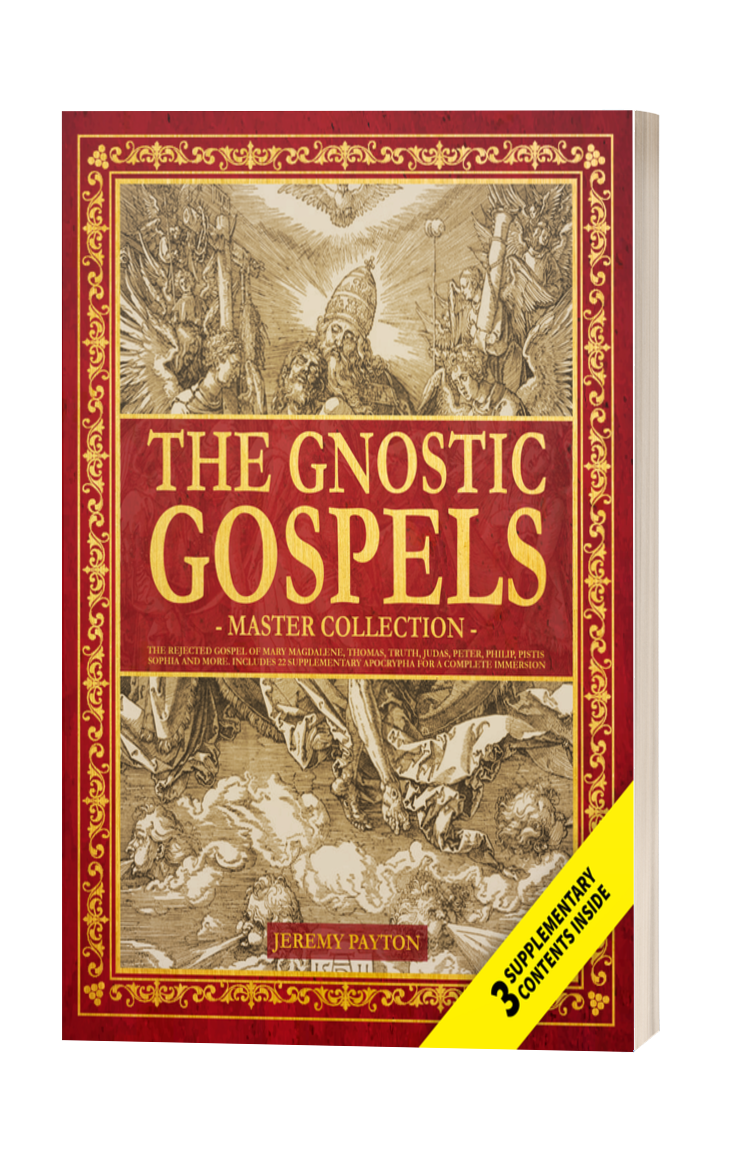
The Gnostic Gospels
In this volume, Payton explores the diversity of early Christian thought as reflected in the Gnostic Gospels. The book provides an in-depth analysis of these texts, discussing their theological nuances and the broader implications for our understanding of early Christian diversity and belief systems.
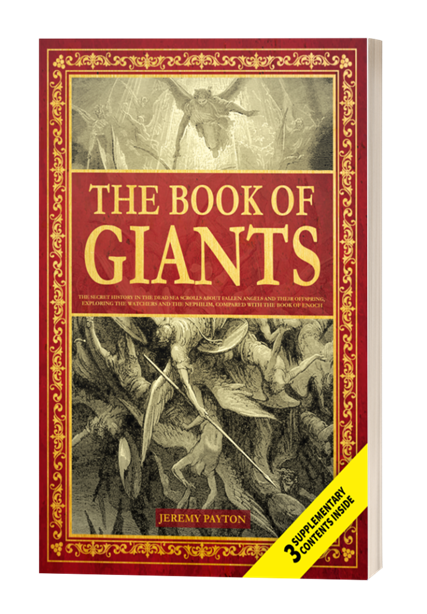
The Book of Giants
This work delves into the enigmatic narrative of The Book of Giants, presenting a scholarly exploration of its ancient roots and connections to biblical traditions. Through Payton’s meticulous translation and commentary, readers gain a deeper understanding of the text’s historical and cultural backdrop, as well as its profound implications for theology and mythology.
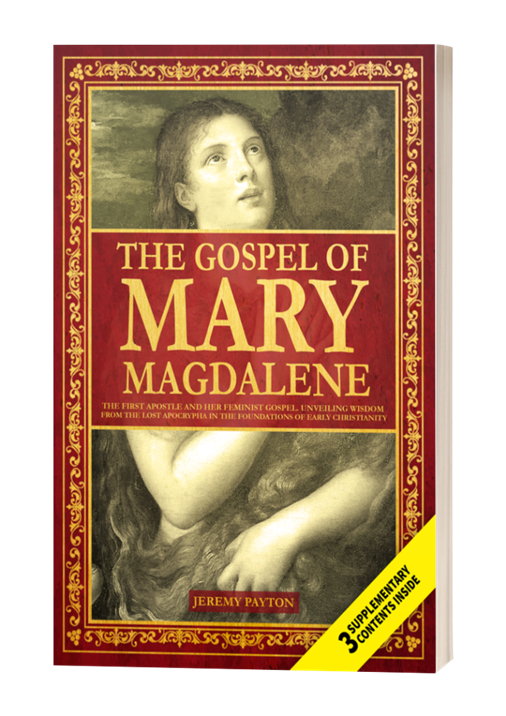
The Gospel of Mary Magdalene
Jeremy Payton offers an in-depth analysis of The Gospel of Mary Magdalene, uncovering its unique perspective on early Christian beliefs and the role of Mary in spiritual teachings. This book acts as a scholarly resource, examining the historical context, theological themes, and the text’s profound implications for understanding early Christian thought and gender roles in religious history.
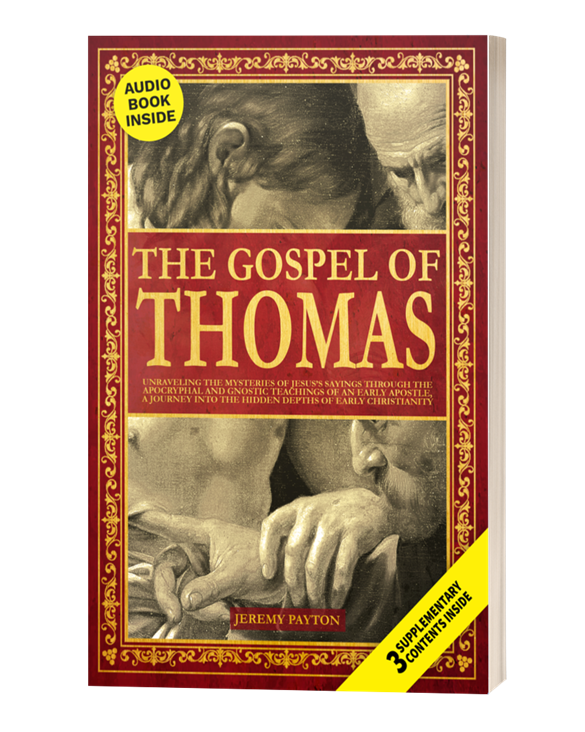
The Gospel of Thomas
-

The Watchers and the Nephilim: Unpacking the Narrative of the Book of Giants
Deep within the opening chapters of the Bible lies a brief, cryptic, and profoundly unsettling passage. Genesis 6:1-4 describes a time when the “sons of God” took human wives, who then bore them children called the Nephilim—”the mighty men who were of old, the men of renown.” This enigmatic account has sparked millennia of debate,
-

Why Were the Apocryphal Books Removed From the Bible?: A Historical Inquiry
If you’ve ever compared a Catholic Bible with a Protestant one, you might have noticed a significant difference. The Catholic version is thicker because it contains books and additions absent from Protestant editions. Christians know these writings as the Apocrypha or deuterocanonical books. They are a source of frequent curiosity and debate. This observation leads
-

Who is the Antichrist?: Identifying the Beast in the Book of Revelation
Few figures have captured the human imagination with such terrifying allure as the Antichrist. For centuries, this shadowy adversary has been the subject of theological debate, prophetic speculation, and countless works of popular culture. This character is the ultimate villain in the cosmic drama, the charismatic deceiver who rises to global power in defiance of
-

Gnostic Jesus vs Canonical Jesus: How the Secret Gospels Portray Christ
For billions across the globe, the four canonical Gospels—Matthew, Mark, Luke, and John—define the figure of Jesus Christ. They present the Jesus who performed public miracles, preached to the masses, died on a cross for the sins of humanity, and was physically resurrected. However, buried for centuries under Egyptian sands lay another collection of texts.

“Jeremy Payton’s ‘The Apocrypha’ is a masterful work that brings ancient texts to life. His translation is both accessible and profound, shedding new light on these enigmatic writings. As a history enthusiast, I found the contextual insights particularly enlightening. Payton’s dedication to preserving the authenticity of these texts is evident throughout the book. A must-read for anyone interested in the depths of religious history.”
JANE DOE

“Payton’s ‘The Books of Enoch’ is nothing short of a revelation. His in-depth analysis and clear explanations make this complex text understandable even to those new to apocryphal studies. The book is not only an academic triumph but also a fascinating read, revealing the profound mysteries of ancient spirituality. Payton’s passion for the subject shines through every page.”
JOHN DOE

“As a student of theology, I was deeply impressed by Payton’s ‘The Gnostic Gospels.’ His meticulous research and insightful commentary provide a fresh perspective on these ancient texts. Payton navigates the complex themes with ease, making them relevant to contemporary readers. This book is an invaluable resource for anyone seeking a deeper understanding of early Christian thought.”
MARIA DOE
